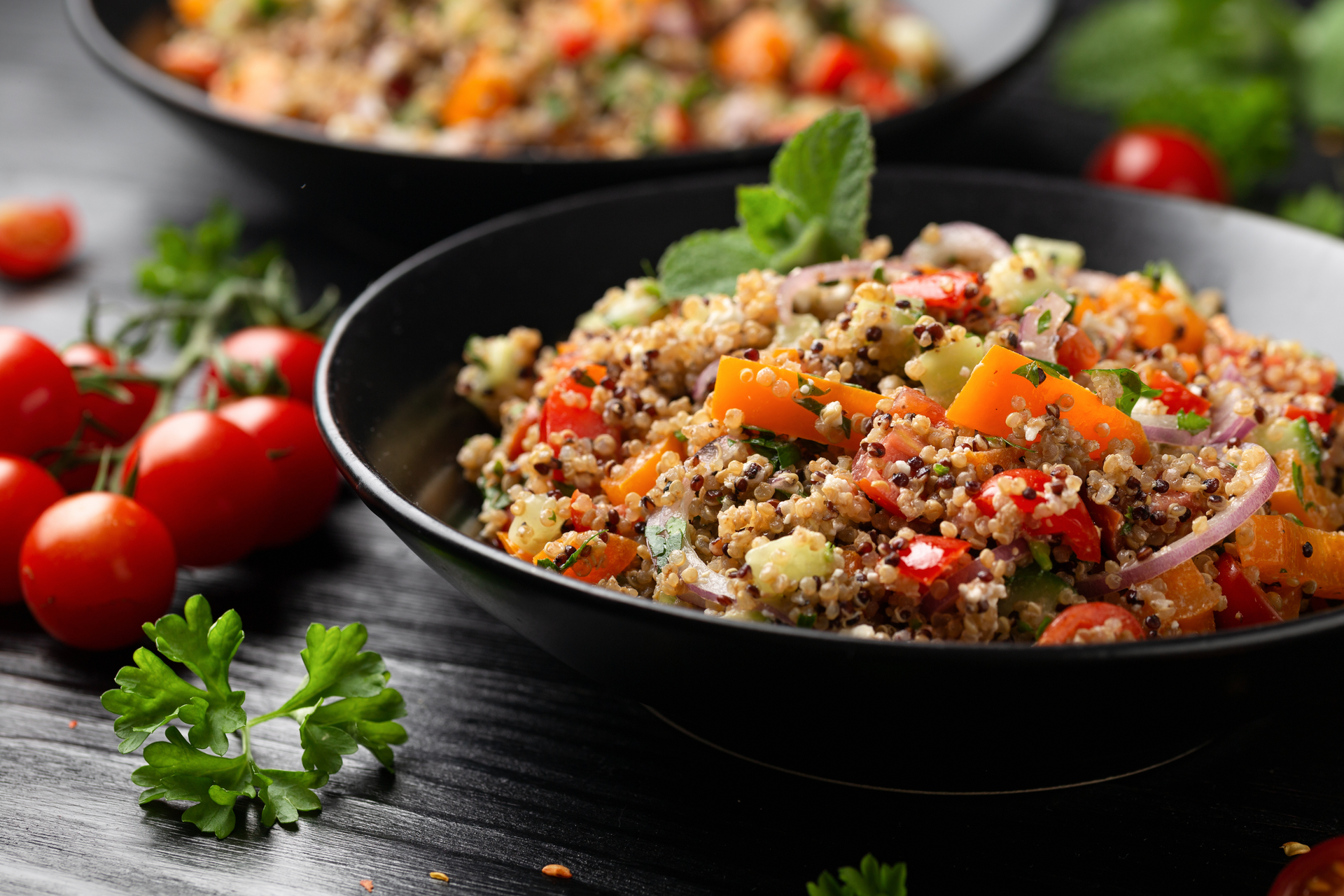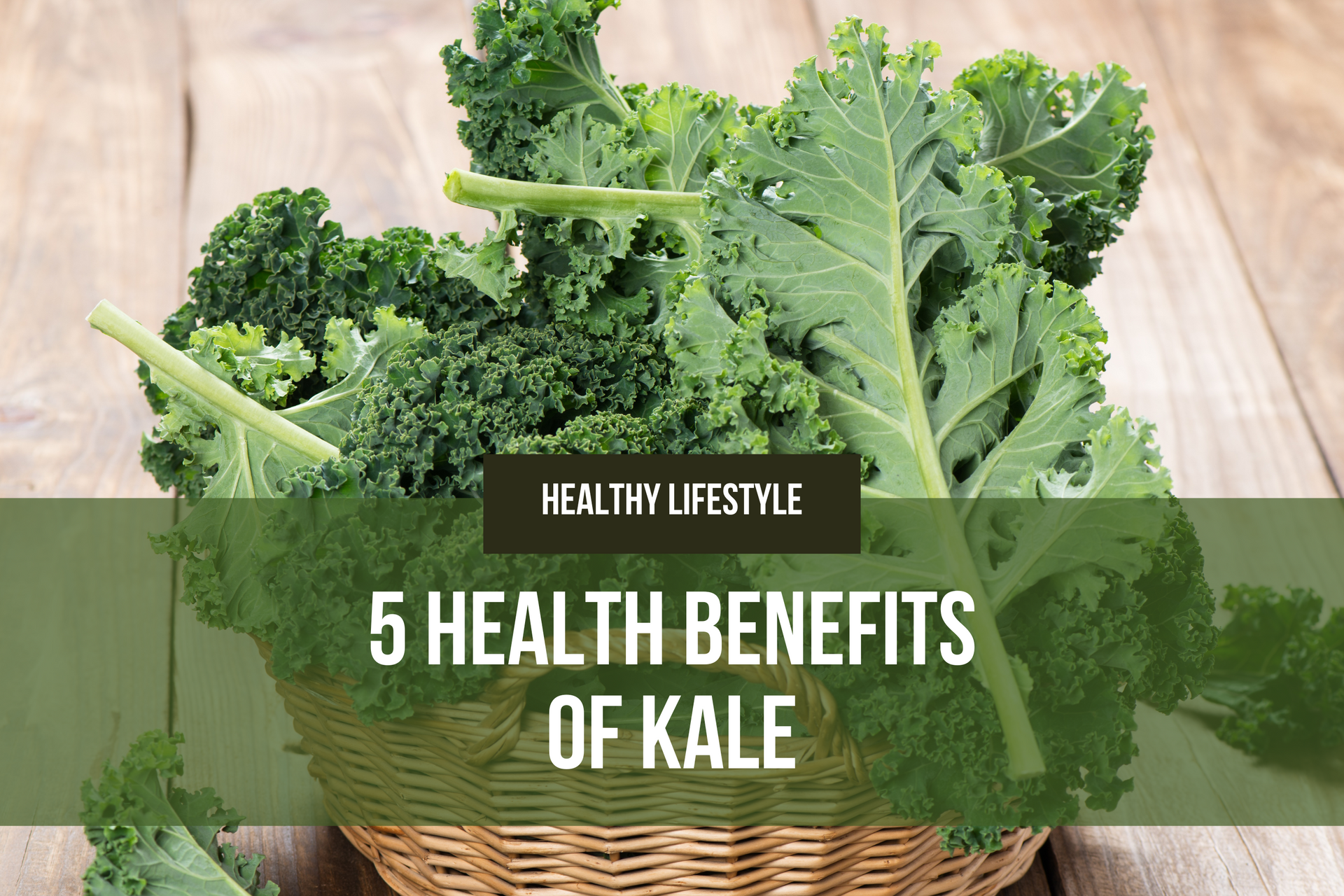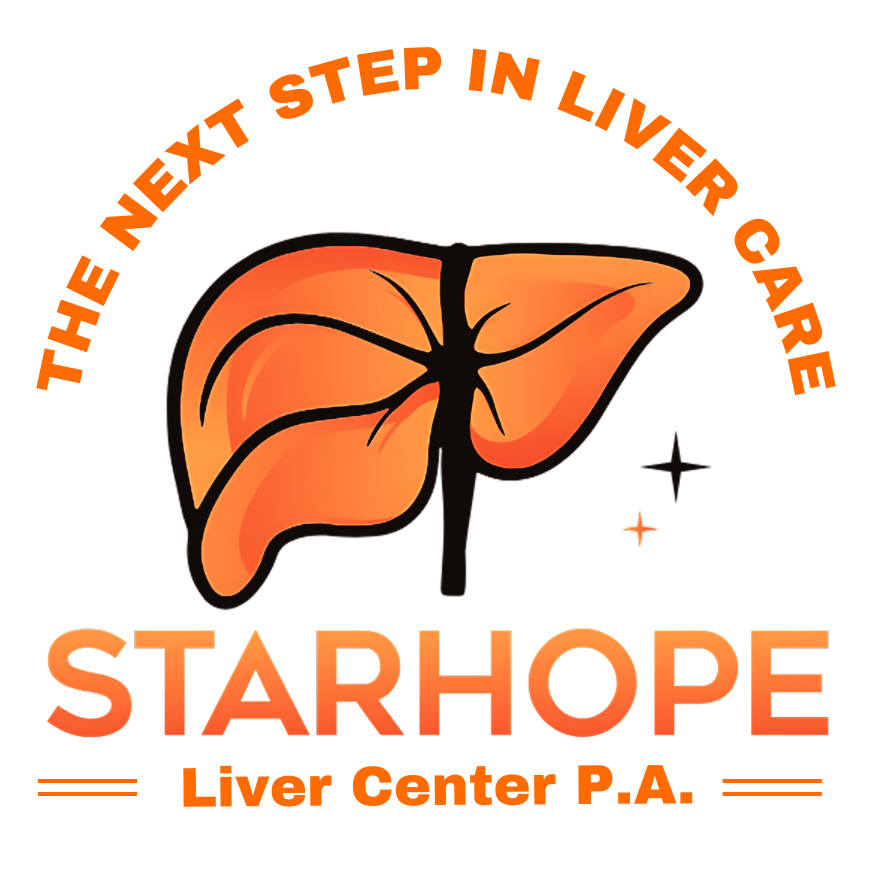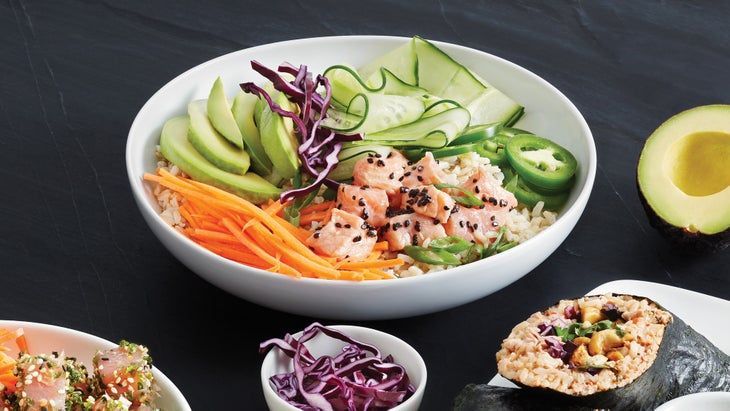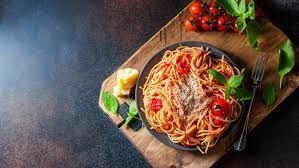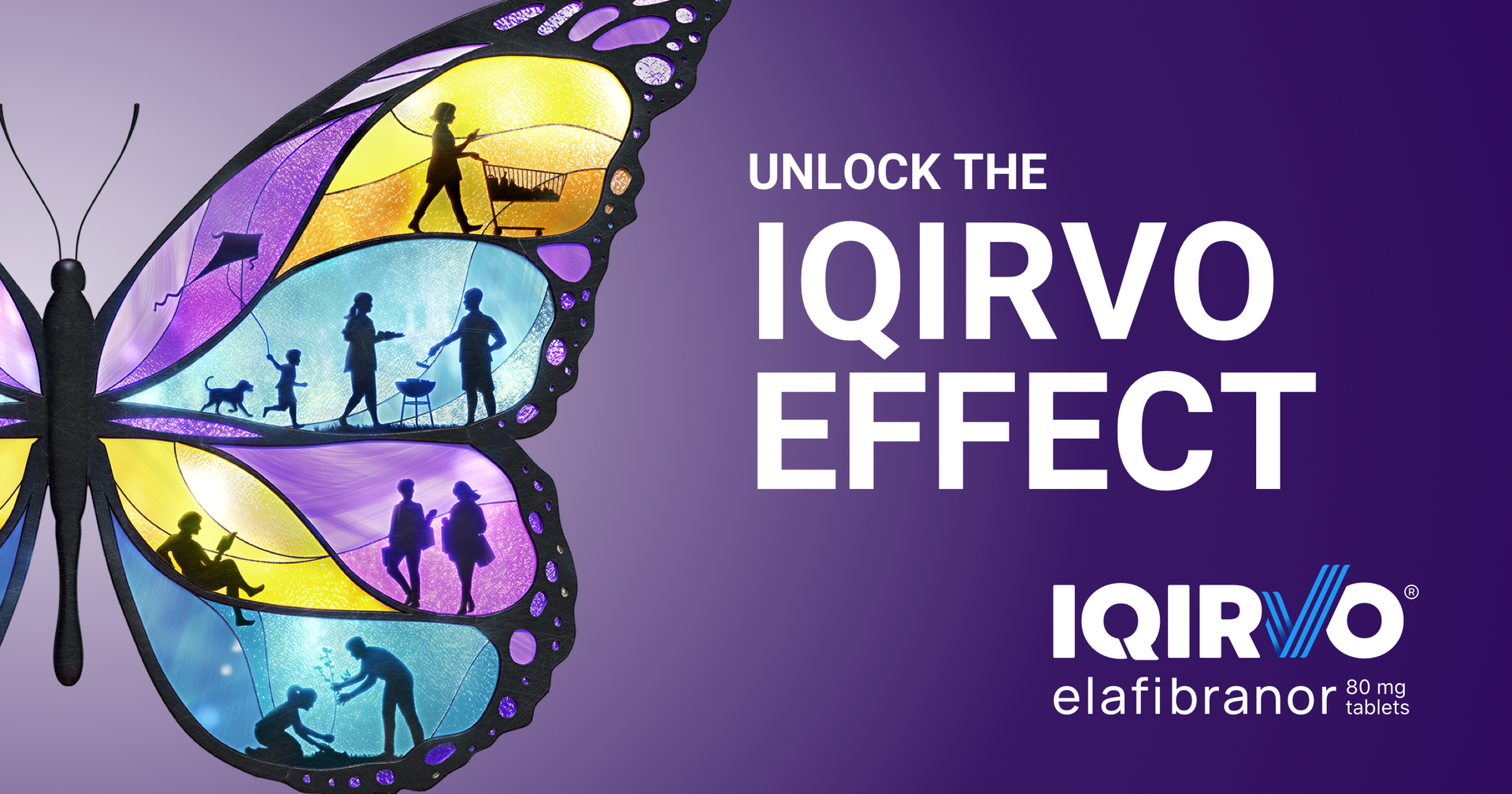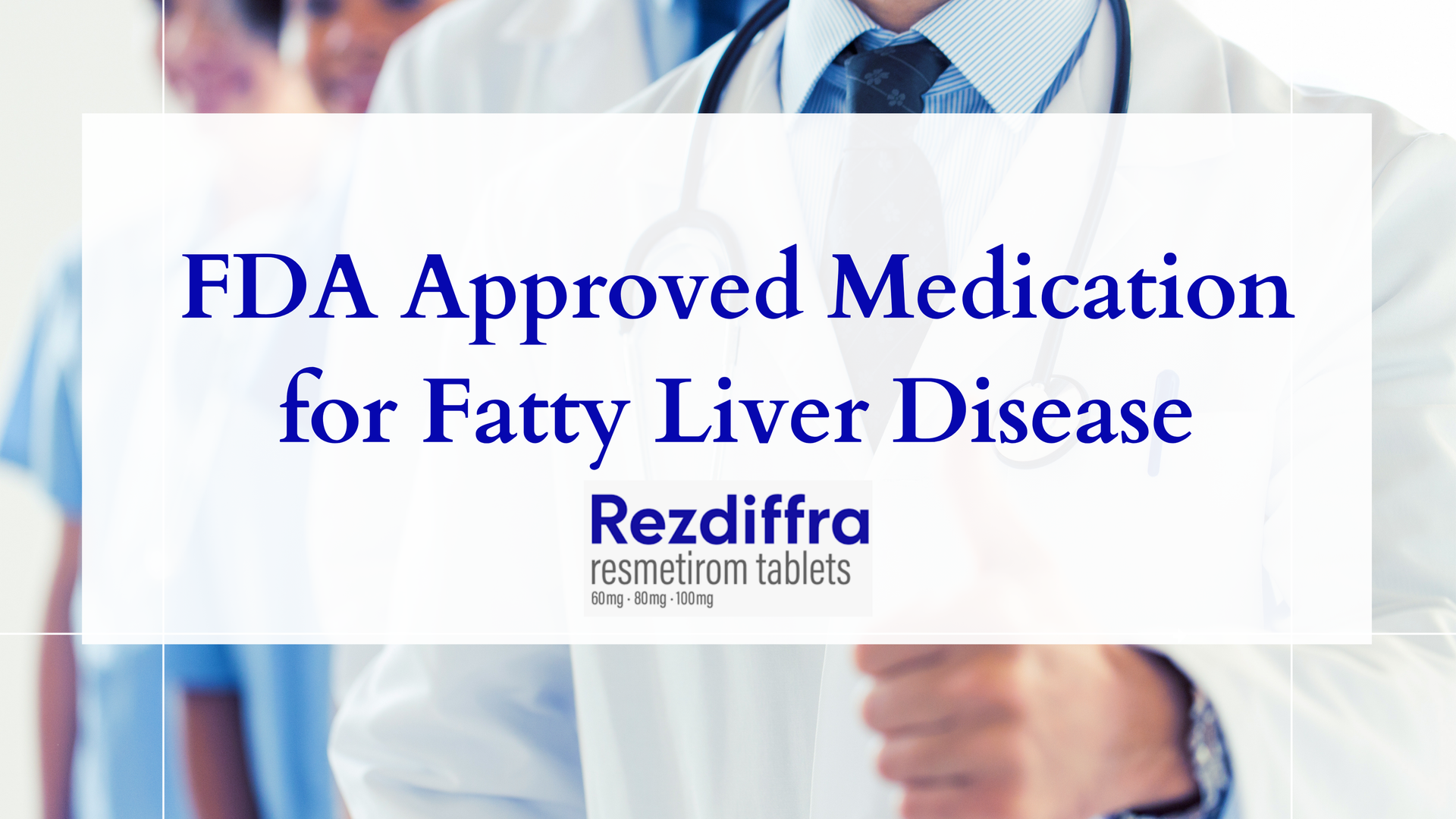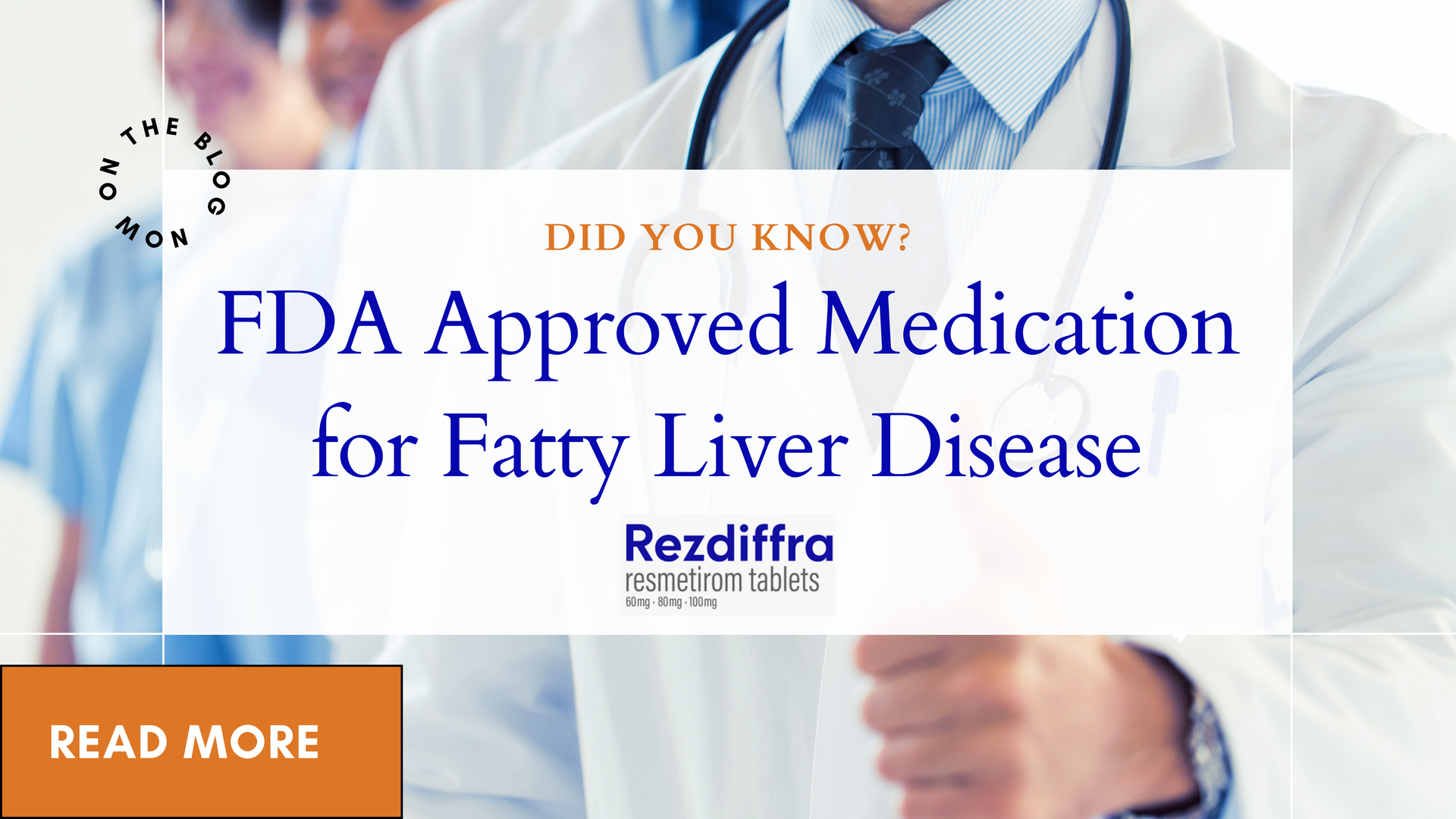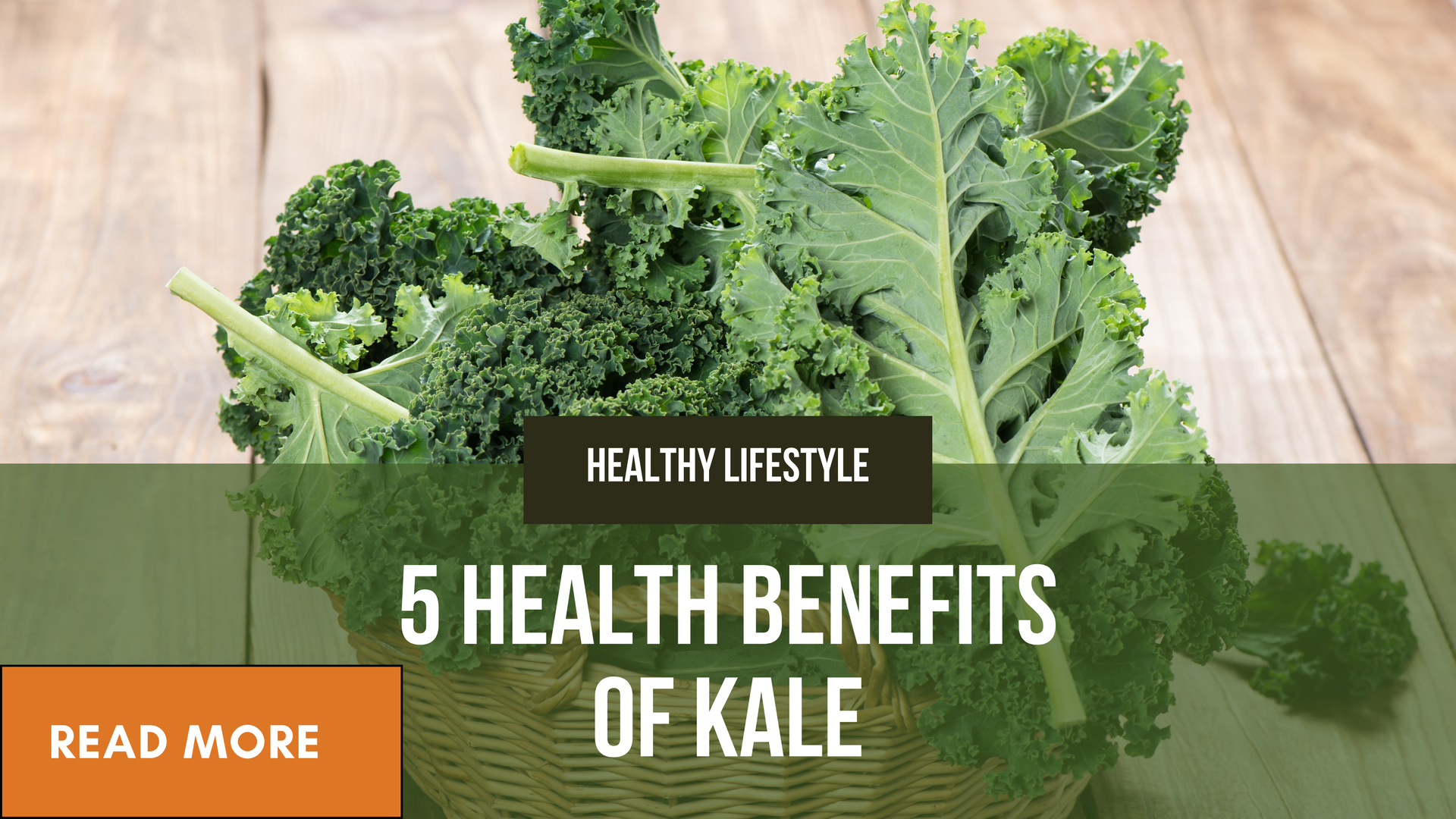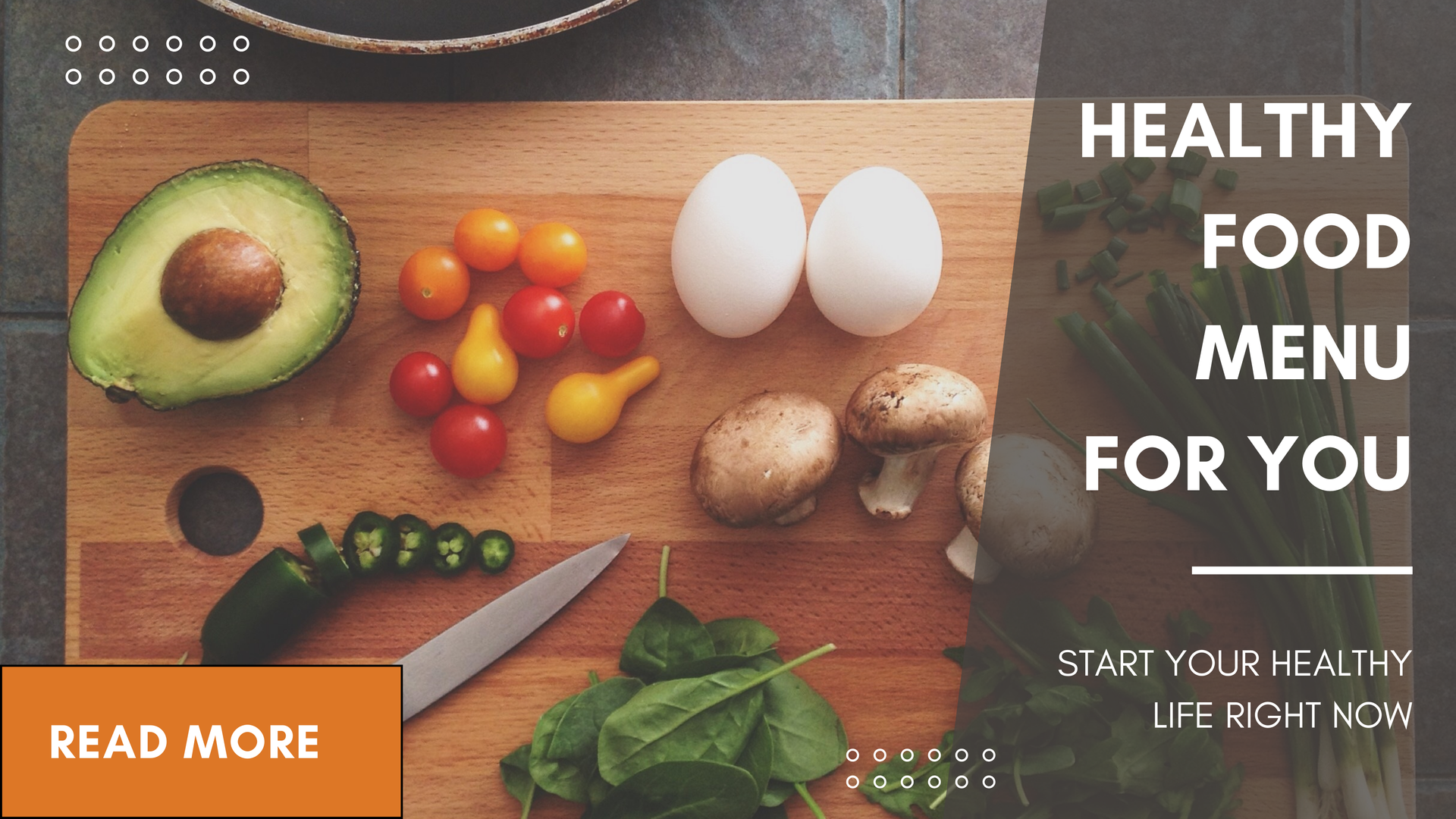3 Liver-Healthy Recipes to Keep Your Liver Strong and Nourished
Your liver is one of the most vital organs in your body—it filters toxins, aids digestion, regulates
blood sugar, and supports hundreds of essential functions. Maintaining liver health doesn’t just
rely on avoiding alcohol or harmful substances; it also depends heavily on the food you eat.
Nutrient-dense meals rich in antioxidants, fiber, and anti-inflammatory compounds can support
liver detoxification and regeneration naturally.
In this article, we’ll explore
three liver healthy recipes that are easy to prepare, delicious, and
packed with ingredients known to benefit liver function.
Why Liver-Healthy Foods Matter
Before diving into the recipes, here’s why nutrition plays such a central role in liver health:
●Antioxidants (like vitamin C, vitamin E, and polyphenols) help neutralize free radicals
that cause oxidative stress in the liver.
● High-fiber foods support healthy digestion and reduce fat buildup in the liver.
●Anti-inflammatory foods like turmeric, leafy greens, and fatty fish lower inflammation
and support healing.
●Cruciferous vegetables (broccoli, Brussels sprouts, kale) are especially powerful
because they boost liver enzymes that flush toxins.
1. Garlic & Spinach Sauté with Lemon
This light and flavorful dish combines
spinach, rich in antioxidants and fiber, with
garlic, known
to activate liver enzymes that help eliminate toxins.
Ingredients:
● 2 cups fresh spinach
● 3 garlic cloves, minced
● 1 tablespoon olive oil (extra virgin)
● Juice of ½ lemon
● A pinch of sea salt & black pepper
Instructions:
1. Heat olive oil in a skillet over medium heat.
2. Add garlic and sauté for 1–2 minutes until fragrant.
3. Toss in spinach and cook until just wilted.
4. Squeeze fresh lemon juice on top, season with salt and pepper, and serve warm.
Liver Benefits: Spinach contains glutathione, a key compound that supports liver detoxification.
Garlic enhances detox enzymes, while lemon aids bile production for better digestion.
2. Turmeric Lentil Soup with Carrots & Celery
Lentils are fiber-rich and great for blood sugar balance, while turmeric is a potent
anti-inflammatory spice that protects liver cells. Combined with carrots and celery, this soup is
both hearty and healing.
Ingredients:
● 1 cup red lentils, rinsed
● 1 onion, diced
● 2 carrots, chopped
● 2 celery stalks, chopped
● 1 teaspoon turmeric powder
● 1 teaspoon cumin powder
● 4 cups vegetable broth
● 1 tablespoon olive oil
● Salt & pepper to taste
Instructions:
- Heat olive oil in a large pot and sauté onion, carrots, and celery until softened.
2. Stir in turmeric and cumin, letting the spices bloom for 1 minute.
3. Add lentils and vegetable broth. Bring to a boil, then reduce to simmer for 20 minutes.
4. Blend partially with an immersion blender for a creamy texture (optional).
5. Season and serve with fresh parsley.
Liver Benefits: Turmeric reduces inflammation and supports bile flow. Lentils prevent fatty liver
by stabilizing blood sugar and providing fiber for gut health.
3. Grilled Salmon with Broccoli & Quinoa
A perfect balanced meal, this recipe features omega-3 fatty acids from salmon,
sulforaphane-rich broccoli for detoxification, and quinoa as a high-protein, fiber-packed grain.
Ingredients:
● 2 salmon fillets
● 1 cup quinoa, rinsed
● 2 cups broccoli florets
● 1 tablespoon olive oil
● Juice of 1 lime
● Salt, pepper, and fresh dill
Instructions:
- Cook quinoa according to package instructions.
2. Season salmon with salt, pepper, lime juice, and dill. Grill or bake at 375°F (190°C) for
15–18 minutes.
3. Steam broccoli until bright green and tender.
4. Serve salmon on a bed of quinoa with broccoli on the side.
Liver Benefits: Omega-3s in salmon reduce fat accumulation in the liver, broccoli activates
detox enzymes, and quinoa provides protein and fiber for steady energy.
Final Tips for a Liver-Friendly Diet
Incorporating these recipes into your weekly meals can go a long way toward supporting liver
function. To maximize results:
● Stay hydrated with water and herbal teas.
● Limit processed foods high in sugar and refined oils.
● Eat more plant-based meals with whole grains, legumes, and vegetables.
● Include healthy fats like olive oil, avocado, and nuts in moderation.
For more liver healthy recipes, follow Star Hope Liver Center’s monthly blog recap!
